At HoCoSo, we anticipate this next chapter in the history of hospitality to be one of discovery; of finding new ways to establish our industry on a dramatically more sustainable footing; of catching the wave of innovation; of utilising technology effectively; and of nurturing our industry’s most valuable asset – people.
Based on this, HoCoSo CONNECT is back with a new five-programme series, focusing on opportunity, solutions and best practices. Our first discussion explored strategy and sustainable growth in this altered world of travel and hospitality.
Hosting the roundtable discussion was HoCoSo’s Managing Director, Katharine Le Quesne, who was joined by some of our industry’s bright minds, including: Carmen Hui, Commercial Director for Partnerships at Booking.com; Laura Brinkmann, VP of Private Equity at Brookfield Asset Management; Ufi Ibrahim, CEO of The Energy and Environment Alliance; and Yvonne Thomsen, CFO of Six Senses Hotels Resorts Spas.
With the jaw-dropping global interruption of business over the past 14 months, we debated whether in fact corporate strategy has evolved and is capable of moving forward on a more sustainable footing. Are we trying to get back to where we were before or, as HoCoSo’s Sean Worker noted, are we going to strive to ‘platform-off what we’ve learned’?
Whilst long-term strategies have not necessarily changed, the severity of the economic shock has necessitated a review of how and when that strategy will be delivered. Carmen Hui, observed that Booking.com still fundamentally believes that travel will return – and probably with a vengeance. However, she noted “we have become more cognisant of how different the near- to medium- term might look, as well as how operations will stabilise in the long term. That has caused us to review the timing of certain elements of corporate strategy … We are constantly refreshing and validating.” For example, she noted that third party research from ForwardKeys suggests that Chinese outbound travel will not get back to 2019 levels until after 2026, about 3 years after when the industry expects overall performance to get back to 2019 levels on average. This will change the source and rate of growth in the short- to medium-term in some regions.
This sentiment regarding long-term strategy was echoed by Laura Brinkmann, who commented “In regard to our investment strategy and the type of assets we were pursuing before the pandemic, not much has changed, especially since we have always been long-term investors. We’ve been in the hospitality space for over 20 years and fundamentally believe in it. And COVID has changed our ability to be competitive in the hospitality space in Europe, due to hopefully some adjustment in pricing.”
For luxury resort operators Six Senses Hotels Resorts Spas, the pandemic actually reaffirmed the value of their corporate strategy and pushed them to a new level of guest interaction, according to CFO Yvonne Thomsen. The brand has long been anchored on three core pillars: sustainability; wellness; and out-of-the ordinary experiences. This guided the solutions for enhanced cleaning protocols (adopting toxic-free ozone technology for cleaning) and guest experiences (providing a programme of online activities to connect with guests). Moreover, their low-density developments with a prevalence of private villas, tailored services and multiple food and beverage outlets have facilitated social distancing when required.
One of the most striking aspects of this past year is the accelerating momentum for change, driven by activist investors, legislation, consumers and industry bodies. The pressing question for the hospitality industry is: are we embedding the principals of sustainability at the heart of corporate strategy?
The Energy and Environment Alliance (EEA) is a new organisation helping businesses do this. Established in October 2020, the EEA has a very clear mission, according to CEO, Ufi Ibrahim. “The EEA, was established in response to the mounting pressure on all businesses to deliver and report in a very robust fashion the changes happening in the business of sustainability, particularly vis-a-vis climate change and the race to net zero emissions (carbon neutrality). What are they actually doing to achieve this? The EEA is working together with BREEAM (the world’s leading sustainability assessment method) to create the world’s first bespoke BREEAM in-use programme covering all operations, managing assets, as well as customizing the buildings’ design construction programme. Ibrahim again: “This is very important, because it’s independently vetted and scientifically robust.”
The challenge for many organisations is the urgent need to implement change at a time when the hotel industry is focused on survival. Ibrahim is under no illusions: “financial viability trumps other areas. Many people still see sustainability as a net cost rather than a net gain at this time.” However, there has been a significant shift politically. New regulations are being introduced thick and fast, which is impacting the decision-making criteria of the financial community – banks, lenders and institutional investors. “These initiatives, will require our industry to be more sustainable. This will eventually lead to organisations reporting on sustainability performance in a way, which is common, standard and accepted by these institutions.”
The hospitality industry is sitting up and taking notice, as institutional investors are demanding quantifiable results on more than just profits. Whilst organisations such as the Sustainable Hospitality Alliance have been active for several decades (three in fact), momentum has definitely picked up. In the midst of the pandemic, Brookfield appointed Mark Carney, former Governor of the Bank of England, as Vice Chair and Head of ESG and Impact Fund Investing. Accor has upped the ante and appointed a Chief Sustainability Officer (CSO), Brune Poirson, a former politician with serious sustainability credentials. Both organisations have made clear statements about measurement and results.
Beyond appointments and PR statements, what does all this mean? What can/needs to change? Katharine Le Quesne noted that the industry has to face up to the elephant in the room: shareholder value is still regarded by many influential investors as the ultimate metric of success; and many of today’s CEOs across all industries are compensated on growing it. For the hotel industry, this value is still largely generated by opening new hotels and/or increasing RevPAR i.e. attracting more people and charging more for the room.
Even before the pandemic hit, the flaws in the system were being exposed. The industry was grappling the damaging effects of over-tourism in Amsterdam, Barcelona, Boracay, Santorini, Venice … the list goes on. We discovered that relentless growth is extremely problematic. It is unsustainable.
It is a challenge that the industry fully acknowledges. Brinkmann mused “Brookfield is a large traditional financial institution with ambitious growth targets. That said, we very much recognise that we cannot grow just for the sake of growth and that there is a need to focus attention on a sustainable approach to fundraising, investment and execution.”
Encouragingly, the tide is turning. The Business Roundtable of America – an institution established in the 1970s to represent CEOs of America’s leading companies – was getting there back in 2019. This group of business leaders took the momentous step of redefining the purpose of a corporation from one of creating shareholder value to being for the benefit of all stakeholders – customers, employees, suppliers, communities and shareholders. As a body, it is pushing for a longer-term perspective amongst corporate decision-makers. The super tanker is starting to turn.
So, what does sustainable growth look like? How do we align all stakeholders to deliver it? How do we measure it? Back to Hui: “We are definitely seeing amplified focus on this topic. Yet, because sustainability benchmarking is so new for us as an industry, we first need to determine what the sustainable metrics are, as well as find ways to measure these in a consistent standardized fashion. We are taking the initiative to work with our supply partners to uncover what sustainability measures are currently being implemented and then aim to establish what ‘good’ practices look like across the platform.”
At Six Senses, sustainability commitments have always been embedded in their contracts. Thomsen again: “Our Hotel Management Agreements (HMAs) include an allocation of 0.5% of total revenues to a sustainability fund that can only be used to make an impact in the local community.” Any would-be Six Senses owner buys into this commitment long before they invest in the bricks and mortar.
Of course, the investor of a luxury resort in the Indian Ocean, is not typically an investor, who requires an institutional-grade return. Further, at the budget and mid-market level, operators, brands and investors are still, frankly, addicted to growth. Competition for new flags makes it difficult to sell the holistic stakeholder vision to the key decision-makers.
Whilst a post-pandemic recalibration of earnings projections helps take some heat out of the frenetic scramble for perpetual growth, it is a temporary fix. Instead, this is where legislation and legal requirements can help to redefine boundaries and collaboration with industry can establish new standards.
Recent announcements including the Net Zero Banking Alliance and the requirement for full financial disclosure on climate risk and climate activity are gamechangers, according to Ibrahim. “What some governments are doing, which institutional investors and financial communities are following, is a complete reorganization of the future economy into a green economy.” Hotel investors take note: 43 banks from 23 countries are aligning their lending and investment portfolios with net zero emissions by 2050. This is good news.
In the field of legal contracts, the EEA is working with the Chancery Lane Project (CLP), which is a collaboration of the world’s 50 leading legal practices to develop contracts and model laws to help fight climate change. According to Ibrahim, “the EEA/CLP Task Force is developing standard sustainability related clauses for HMAs and all of the contracts and agreements for our industry … to help the industry move forward in a more responsible way.” As the hotel industry makes demonstrable progress in emission reduction, substantial green finance will become available to hotel investors.
It is clear that we need expertise to implement change and to help hospitality businesses navigate this evolution to a more sustainable future. A new generation of experts is required to deliver effective results fast in this rapidly growing field of expertise. Chris Mumford, Head of Leadership Services at HoCoSo observed that sustainability has historically touched several departments such as design, construction, technical services and operations but until recently was not typically centrally coordinated. We expect Accor’s CSO appointment to be the first of many, as the hotel industry catches up once more with airlines and travel. The question is how will the need for talent be met, given the volume and urgency of this requirement? Mumford observed: “I think we’ll see people bring learnings from other sectors into hospitality. This is reminiscent of revenue management 20 years ago when it was a completely new discipline for hotels. We borrowed from airlines and gradually developed a system for our industry”.
As to the role of technology, the near-term priority has been a keen focus on the operational benefits of tech solutions at a property level, to enhance guest experience and efficiency. The conversations on how to use tech to drive a better carbon footprint or improve sustainable performance are still few and far between. According to Sean Worker, Head of Technology Services at HoCoSo, while other industries look around for inspiration, the hotel industry does not do it enough. “We need to engage owners in conversations that create a meaningful connection between sustainability and profit.”
There is no question that momentum for positive change in the hospitality industry is accelerating – due in large part to the seismic upheaval of a global pandemic; the unapologetic challenges of a Scandinavian schoolgirl; and a community of change makers inside and outside our industry. The fact is we are all stakeholders. So, let’s get on the bandwagon and collaborate. It is the only way we shall achieve workable solutions for the long-term benefit of all. It is time more of our hospitality businesses claimed a place amongst the growing number of B Corps – only 16 entities were listed under hospitality out of over 3,500 other listings. Conclusion? The only way is up.
About the co-authors
She leads HoCoSo’s co-created solutions for next generation hospitality with a focus on markets undergoing explosive growth, regeneration or disruption.
With a particular expertise in strategic reviews, due diligence, development strategy, destination resort development, and financial feasibility, Katharine has worked extensively on luxury and lifestyle assets, new concepts and asset repositioning. She also undertakes litigation-related work, including acting as an Expert Witness.
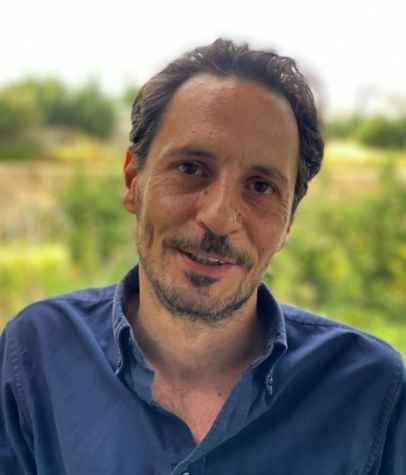 Jad Haidar
Jad Haidar
Leveraging over 20 years of writing as a seasoned journalist, Jad has interviewed globally reputed personalities in the advertising, communication and hospitality industries. He is a storyteller at heart, crafting balanced and informative articles for readers. He was the features writer for ArabAd and Hospitality News magazines in the Middle East for the past 10 years and is currently a webinar writer for HoCoSo. Before becoming a journalist, he spent 5 years teaching English. He holds a B.A. in English Literature and communicates in 4 languages.
About HoCoSo
HoCoSo are advisors with a difference.
We create tailor-made and innovative solutions for clients’ hospitality-led projects by bringing together the optimum team of sector specialists.
Jonathan Humphries, Chairman and Owner of HoCoSo, and his direct team specialize in the extended-stay, co-living, and hotel-alternatives hospitality market; luxury, lifestyle and boutique hotels; and resort developments in Europe, the Middle East and Africa (EMEA). Our strengths lie in the following core services:
- Product & Concept Creation, for portfolio & individual asset developments.
- Strategic Development Projects with a focus on new-market / new-concept business expansion planning, operator selection, market and financial feasibility studies.
- Transformative Asset Management for brand re-positioning, asset re-evaluation and concept re-structuring.
- Hospitality Education for companies and academic institutions, with a focus on bespoke course development, training and teaching.
- Workshops, Keynotes and Conference Moderating for boards, leading international conferences and incubators.
During the covid19 crisis, HoCoSo launched HoCoSo CONNECT, an initiative aimed at bringing the industry together to brainstorm and collaborate; HoCoSo CONVERSATION, a podcast channel encouraging the discussion with thought leaders from around the globe, for the hospitality industry; and, in collaboration with Atlas Coaching and Cervus Leadership Consulting, we also launched the Hospitality Resilience Series , a combination of online events, insights and discussions aimed at helping build your personal resilience and inner immunity.



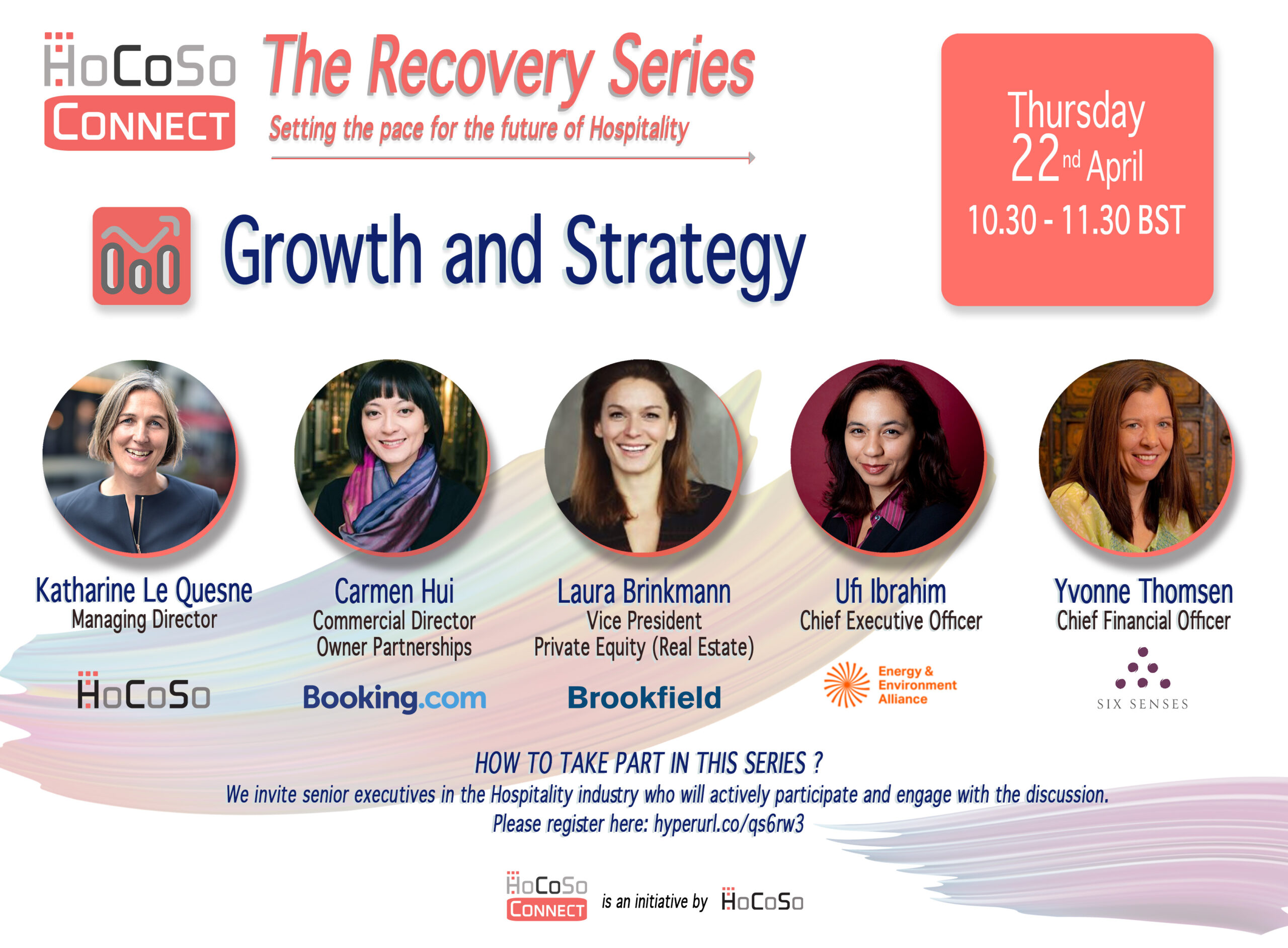

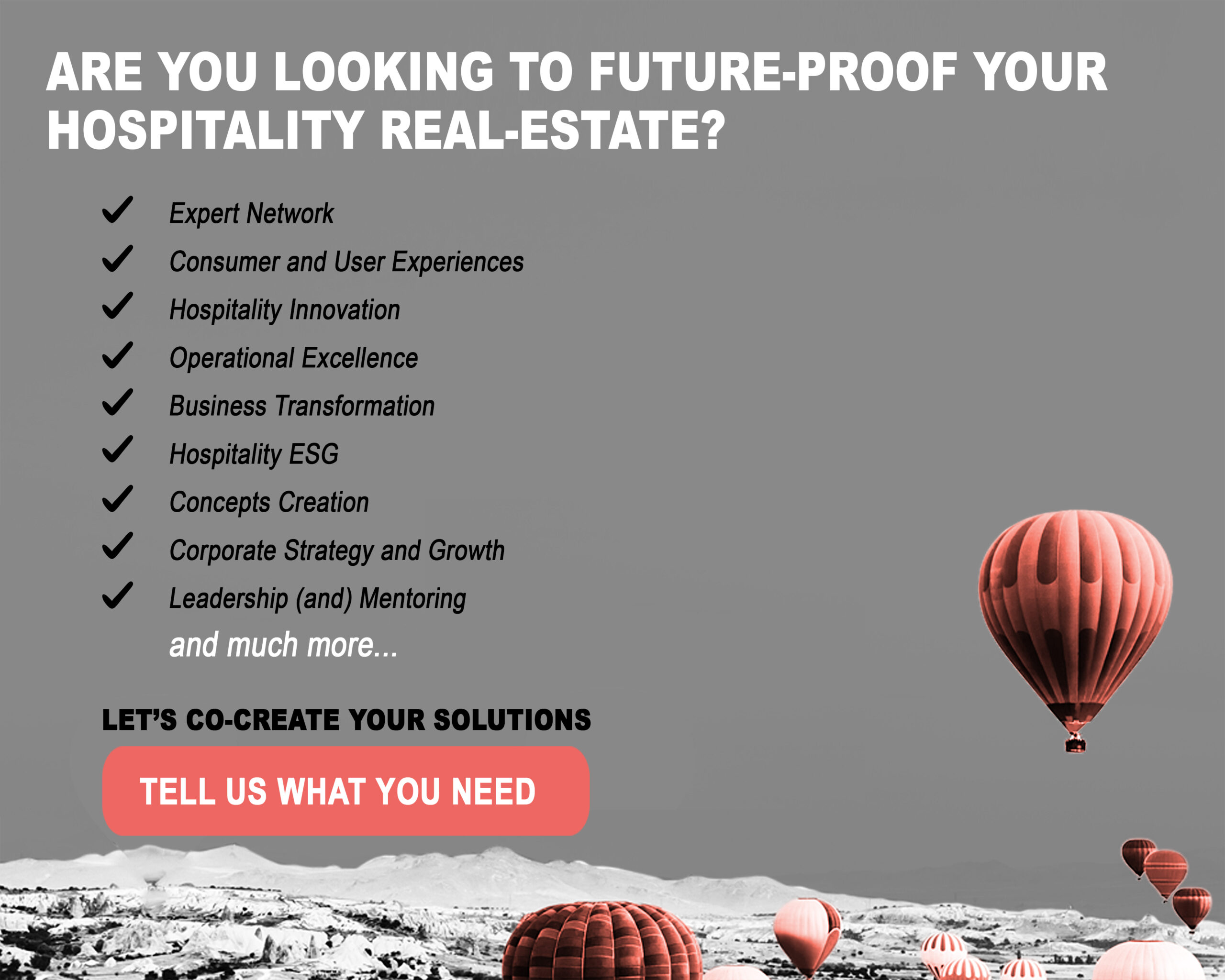


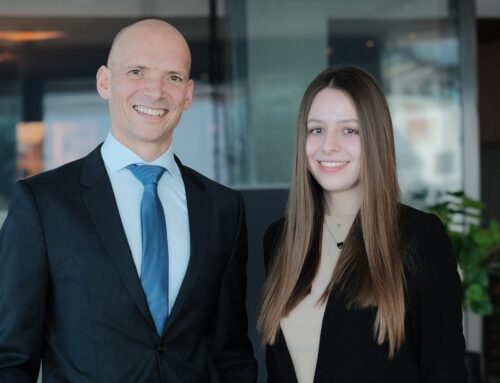

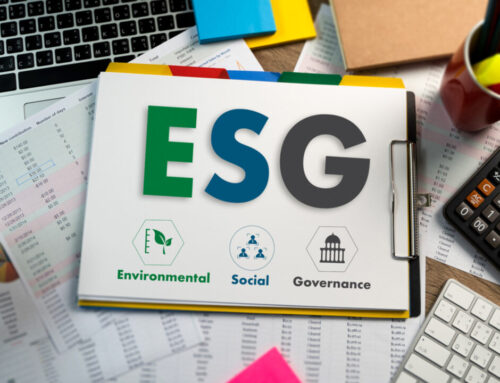
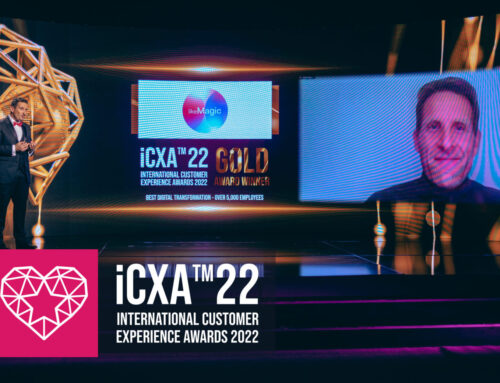
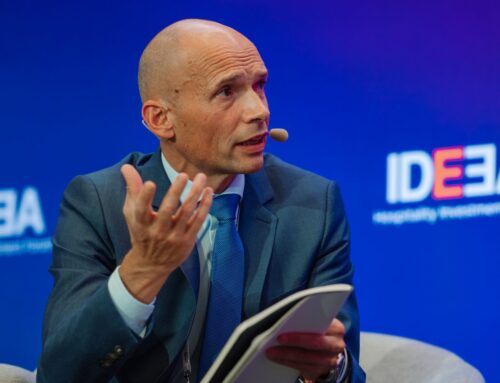
Leave A Comment